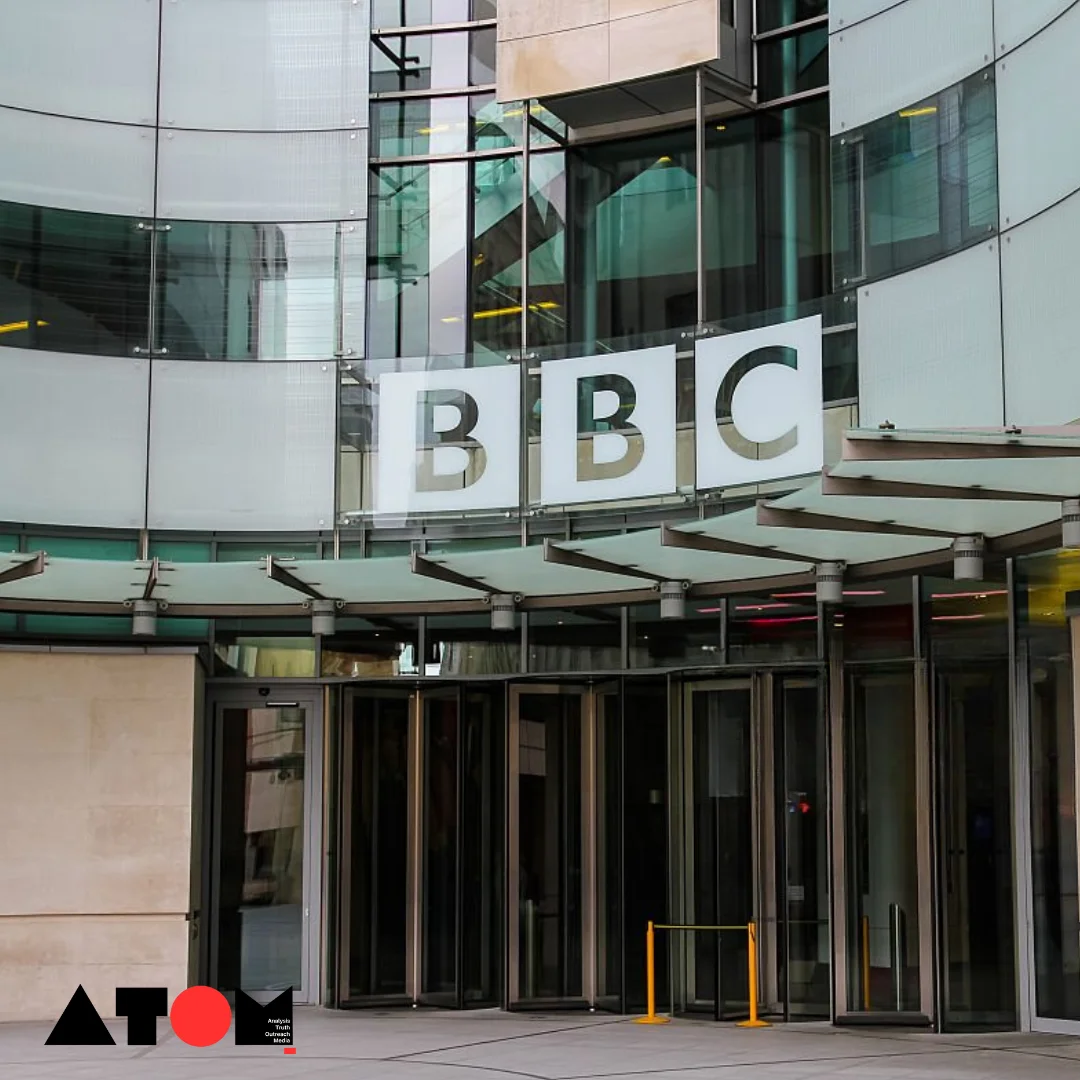In response to alterations in Foreign Direct Investment (FDI) regulations for the digital media sector in India, the BBC has restructured its business operations in the country. This move involves the transfer of the BBC’s newsroom publishing license to a private limited company named Collective Newsroom, a notable first in the broadcaster’s global operations. This strategic adjustment follows a series of events, including Income Tax department searches at BBC’s offices last year, signaling a significant shift in the organization’s approach to its presence in India.
BBC’s Newsroom License Now with Collective Newsroom
Under the new arrangement, Collective Newsroom, an Indian-based company established by former BBC employees, will take over the responsibility of publishing content for BBC’s digital services in multiple languages, including English, Hindi, Gujarati, Marathi, Punjabi, Tamil, and Telugu. This transition underscores the BBC’s commitment to continue its operations in India while adapting to regulatory changes and ensuring compliance with local laws.
Compliance with FDI Regulations
The restructuring of BBC’s operations in India comes as a response to the revised FDI rules introduced in 2020, which imposed a 26% FDI limit in the digital media sector. BBC, seeking to comply with these regulations, explored various options, ultimately leading to the establishment of Collective Newsroom as a solution to maintain its presence in the country without compromising on legal requirements.
Formation of Collective Newsroom
Collective Newsroom Private Limited was incorporated on October 27, 2020, according to records from the Ministry of Corporate Affairs. Led by CEO Rupa Jha, who is also an ex-BBC employee, the company will operate independently while adhering to BBC’s editorial guidelines to uphold the integrity and trust associated with the BBC brand.
Navigating Legal and Financial Challenges
The decision to transfer the newsroom publishing license to Collective Newsroom was driven by the necessity to navigate legal and financial challenges posed by the FDI regulations. By reducing its foreign investment stake to comply with the 26% FDI limit, BBC aims to ensure continuity of its operations in India without resorting to job cuts or compromising its financial viability.
Impact of FDI Regulations on Digital Media Entities
The Ministry of Commerce’s decision to liberalize the FDI regime for entities engaged in the news digital media sector paved the way for increased foreign investment. However, stringent conditions, including requirements for majority Indian-origin directors on the company’s board and security clearance for foreign personnel, pose challenges for entities seeking FDI approval.
I-T Raids at BBC’s India Premises
The restructuring of BBC’s operations coincides with Income Tax department raids conducted at its offices in Delhi and Mumbai in February 2023. The timing of these searches, following BBC’s airing of a documentary on the 2002 Gujarat riots and Prime Minister Narendra Modi’s alleged involvement, raised questions about potential motivations behind the investigation.
In conclusion, the BBC’s decision to restructure its India operations reflects the challenges posed by regulatory changes in the digital media sector. By transferring its newsroom publishing license to Collective Newsroom, the BBC aims to navigate the complexities of FDI regulations while maintaining its commitment to delivering quality journalism in India. This strategic move underscores the broadcaster’s adaptability in response to evolving regulatory landscapes and its dedication to preserving its presence in key markets around the world.
Read more: Marketing News, Advertising News, PR and Finance News, Digital News





